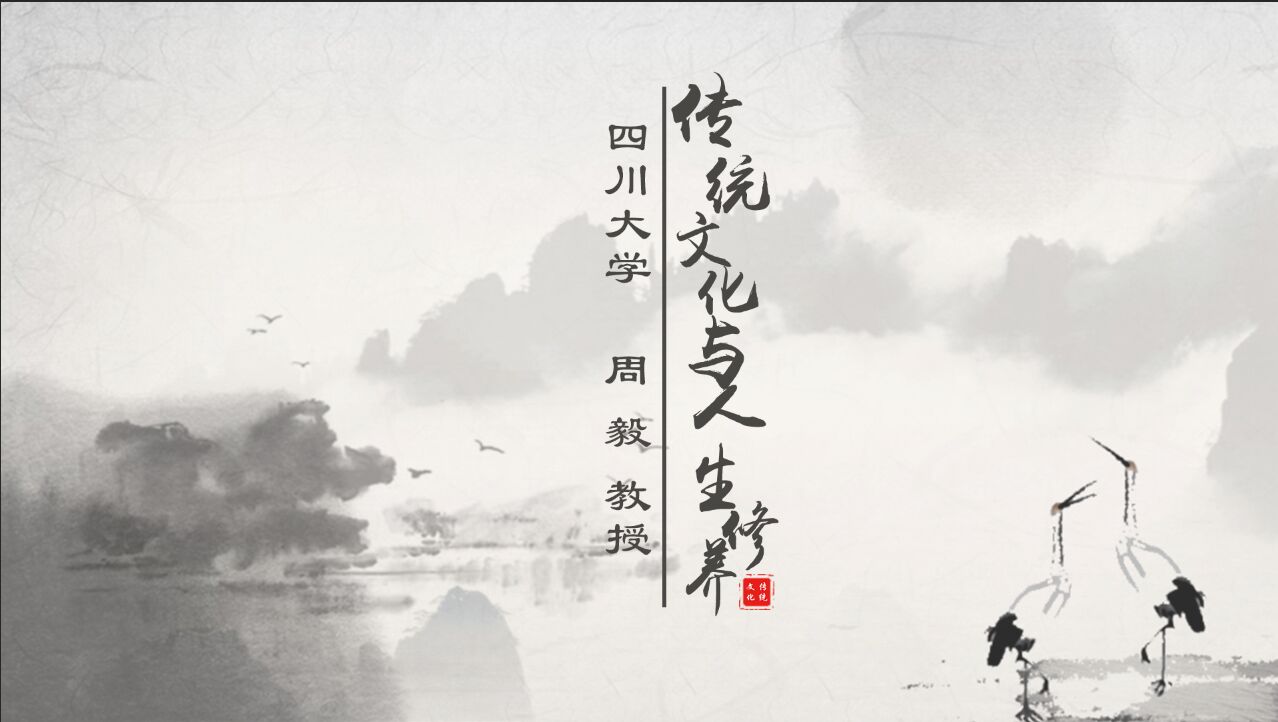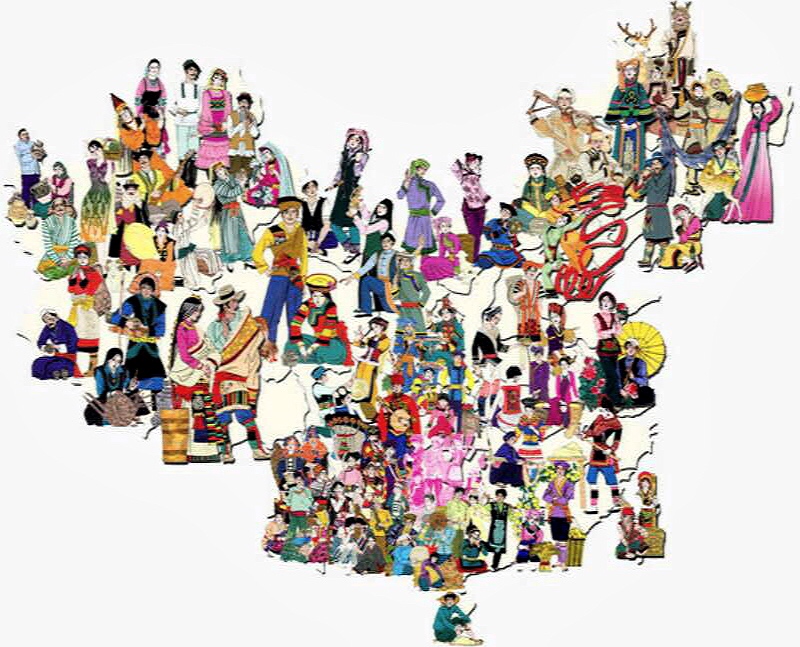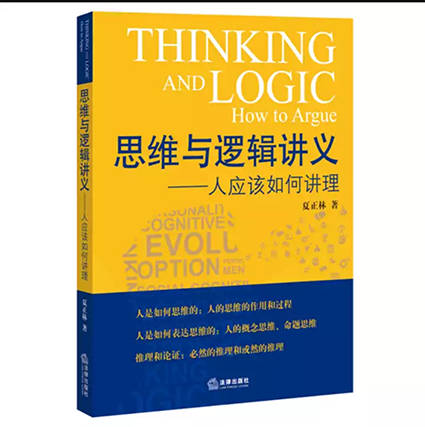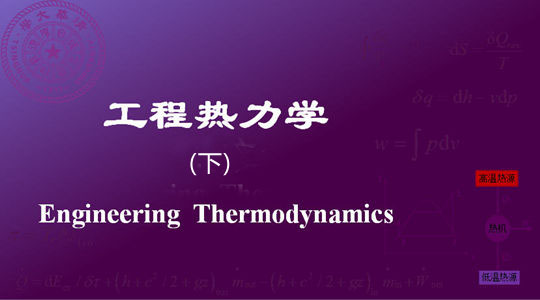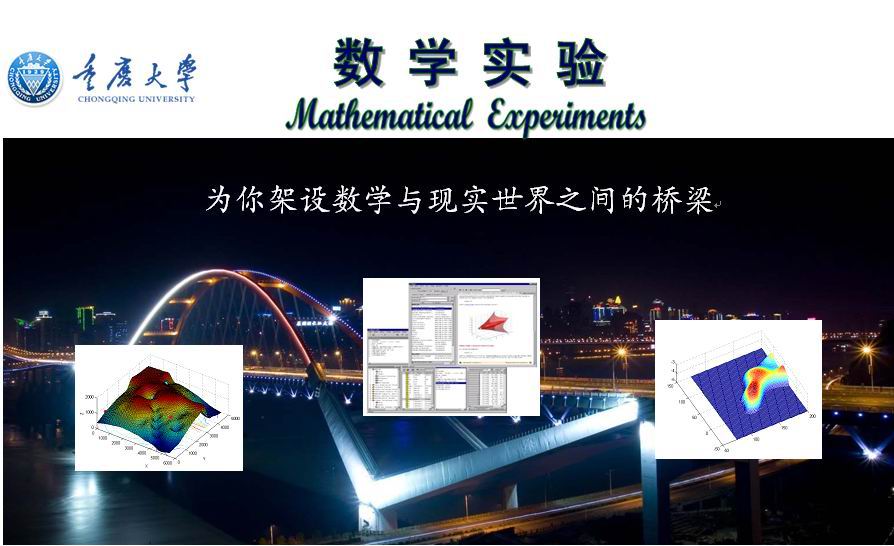
当前课程知识点:New Media and Cultural Studies > Final Exam > Final Exam > Discussion Questions of Lesson 1
返回《New Media and Cultural Studies》慕课在线视频课程列表
( Choose One to Answer)
1. In July 2019, famous host Wang Han became a “most searched topic” on Microblog. The reason is that fans shouted out “mama loves you” to an idol Wang Yibo at the recording scene of the variety show “Day Day Up”, which was harshly criticized by Wang Han. It is said that Wang Han asked Wang Yibo’s fans: “Aren’t you embarrassed for saying that in public? How could you think of yourself as his mama? Do you know what it means to say mama?” Wang Han’s reaction caused controversy on the internet for a while. Some people think that Wang Han overreacted, saying that “mama loves you” is a common way for fans to show their feelings for idols, it’s just “a word in the fans community breaking the wall between cyber world and real world” and infiltrated to daily life. Some people support Wang Han and think that the word “mama” is of great significance. When the context changes to daily life, it should not be used at will. What do you think?
2.In July 2019, a fan expressed his confusion on Douban: “Jay Chou’s popularity data on Microblog is not very high, why is it hard to get his concert tickets?” This remark triggered a war of social media traffic between Jay Chou and Cai Xukun’s fans. Jay Chou’s fans and other “sunset red” fans (fans who are older in age because their idol became popular much earlier and thus they start to follow their idol much earlier) were forced to go on Microblog and work for higher popularity data for Jay Chou. On July 21st 2019, Jay Chou topped the Microblog celebrity super topics list of 29th week in 2019, with an unprecedented “influence” of over 100 million, breaking the record of Microblog’s super topic “influence” traffic data. Some people think that this traffic war is “a large-scale performance art to ridicule idols that rely on social media traffic”, while others think it is a fight for discourse power between fans of the 80s, 90s and millennials. The traffic war prompted us to reflect on the following questions: What is the current standard to measure successful artists? In the current era of “data is king”, can Jay Chou’s success be copied without social media traffic? If artists are not supported by social media traffic, will it be difficult to be noticed even if they are excellent artists, and will it be even more difficult to become a superstar like Jay Chou?


3.We now often applaud the subjectivity of the audience, especially when the success of SNH48 and other developing idols manifests the great power of fans. However, some people have doubts, saying that the power is still in the hands of the entertainment industry, and the power of the audience is still limited. In new media culture, do you think the power is in the hands of the audience or the entertainment industry?
返回《New Media and Cultural Studies》慕课在线视频列表
-1.1 Culturalism
--1.1
-1.2 Marxist Theory
--1.2
-1.3 Structuralism and Post-structuralism
--1.3
-1.4 Gender and Sexuality
--1.4
-Unit Test 1
-Discussion Questions of Lesson 1
-2.1 Aristotle’s Classical Rhetoric
--2.1
-2.2 Kenneth Burke’s New Rhetoric
--2.2
-2.3 Frame and Metaphor: Two Weapons in the Fight for Discourse
--2.3
-2.4 The Concepts of Our Time and the Secret to their Creation
--2.4
-Unit Test 2
-Discussion Questions of Lesson 2
-3.1 Understanding Signs: From Saussure to Pierce
--3.1
-3.2 The Power Relationship Behind Signs
--3.2
-3.3 The Landscape of Signs in the Cyber World
--3.3
-3.4 A Model of Communication Semiotic Criticism
--3.4
-Unit Test 3
-Discussion Questions of Lesson 3
-4.1 Feminist Stance in Romance Web Fiction
--4.1
-4.2 Paradox of Body Consumption
--4.2
-4.3 Women’s Empowerment in New Media
--4.3
-Unit Test 4
-Discussion Questions of Lesson 4
-5.1 Optimistic Theories of Cultural Consumption
--5.1
-5.2 Pessimistic Theories of Cultural Consumption
--5.2
-5.3 Fan Culture and Convergence Culture
--5.3
-Unit Test 5
-Discussion Questions of Lesson 5
-6.1 Understanding Rituals
--6.1
-6.2 Media Events and Media Rituals
--6.2
-6.3 Interaction Ritual Chains
--6.3
-6.4 New Media Ritual Criticism
--6.4
-Unit Test 6
-Discussion Questions of Lesson 6
-7.1 Overview of Subcultural Studies
--7.1
-7.2 Birmingham School’s Subcultural Studies
--7.2
-7.3 The Incorporation of Subcultures
--7.3
-7.4 Case Studies of Subcultures
--7.4
-Unit Test 7
-Discussion Questions of Lesson 7
-8.1 Space and Spatial Epistemology
--8.1
-8.2 Spatial Practice and Power Production
--8.2
-8.3 Lefebvre’s Theory of the Production of Space
--8.3
-8.4 Foucault’s Theory of Space Discipline
--8.4
-8.5 Cultural Consequences of the Production of Space
--8.5
-Unit Test 8
-Discussion Questions of Lesson 8
-9.1 Telegraph: Technology and Cultural Changes
--9.1
-9.2 Virtual Reality: Technology and Space-Time Restructuring
--9.2
-9.3 Mobile Phone: Technology and Subjectivity Alienation
--9.3
-9.4 WeChat: Technology Reshapes Social Relationships
--9.4
-Unit Test 9
-Discussion Questions of Lesson 9
-10.1 Five Shapes of Body
--10.1
-10.2 Philosophical “Adventure” of Body
--10.2
-10.3 The Code of Power Behind Body
--10.3
-10.4 Body Politics in the Era of New Media
--10.4
-Unit Test 10
-Discussion Questions of Lesson 10
-11.1 Internet Freedom: Media Imperialism in the Global Village
--11.1
-11.2 Cyber Diplomacy: The New Blue Ocean of Global Political Communication
--11.2
-11.3 Cyber Terrorism: The Challenge of New Media Decentralization
--11.3
-Unit Test 11
-Discussion Questions of Lesson 11
-12.1 Overview of Research Methods
--12.1
-12.2 Ethnography
--12.2
-12.3 Focus Group
--12.3
-12.4 Interactive Narrative
--12.4
-Unit Test 12
-Discussion Questions of Lesson 12
-Final Exam
